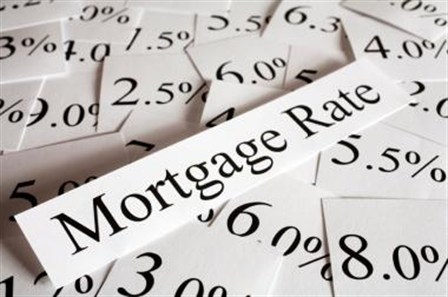
Securing financing when you’re a self-employed professional is notoriously complicated. You have a wealth of options available, but which one is the best for your business? Here’s a breakdown of what you need to know if you want to secure a mortgage.
Company Owners
If you own a large stake in a business–more than 20-25%–most high-street lenders will want to see up to three years’ worth of your accounts. If you are the sole trader of a company, lenders will want to see proved profits before tax. If you own a limited company, you will instead need to provide evidence of the total wage and any dividends. Should there be any fluctuation in your recent income, a lender will want you to explain the reason behind the change. Certain lenders, such as UK based lender Saffron, may also take retained profits–where the money is left in the company as oppose to taken out as income– into account. However, you should be aware of their terms and conditions rather than assuming this is the case.
Freelance and Contractors
If you’re a contractor or freelancer for hire, lenders will consider a mixture of your experience in the field, the length of your current contract, and the likelihood of it being renewed. To calculate your income, expect your daily rate–not including VAT–to be multiplied by five for your weekly rate, with this rate then being multiplied between 46 and 48–the range compensates any breaks or holidays that occur–to work out your annual wage. If you are permanently employed, with tax deducted by your employer, but you have also additional income then this may also be classed as self-employed income. If this is the case, it will likely to be treated the same as from someone whose work is 100% self-employed.
Commercial Mortgage
A commercial mortgage takes security over the business property and generally doesn’t involve your own home. Your mortgage is individually tailored to your business but, since almost every kind of situation is different, each loan has to be assessed individually and priced according to the risk. For instance, if you buy a property up to 250,000, you may usually borrow up to 75% of its value. The property should be freehold or at least have a reasonable lease term. As with any loan, you need to prove that your business can repay the loan with issue.
There is a multitude of options available to you when choosing a commercial mortgage lender. You can look for government-backed financing options or consult a private lender that could provide you with flexible plans and interest rates. For commercial purposes, hard money lenders could also be a viable option to get the loan approved quickly and with additional benefits like getting more capital with their special programs. When opting for such a mortgage, make sure to choose a short-term or long-term loan based on how quickly you can pay back the money with interest.
You should also ensure you’re aware of all of the lender’s fees, how a fixed or variable interest rate may suit your company better, and the length you should take your loan payment schedule over. Make sure you are comfortable with the person you are dealing with as, ultimately, they are now a part of your company.

![self-employed-mortgages_m43[1]](https://themoneyguy.co.uk/wp-content/uploads/2015/02/self-employed-mortgages_m431.jpg)
